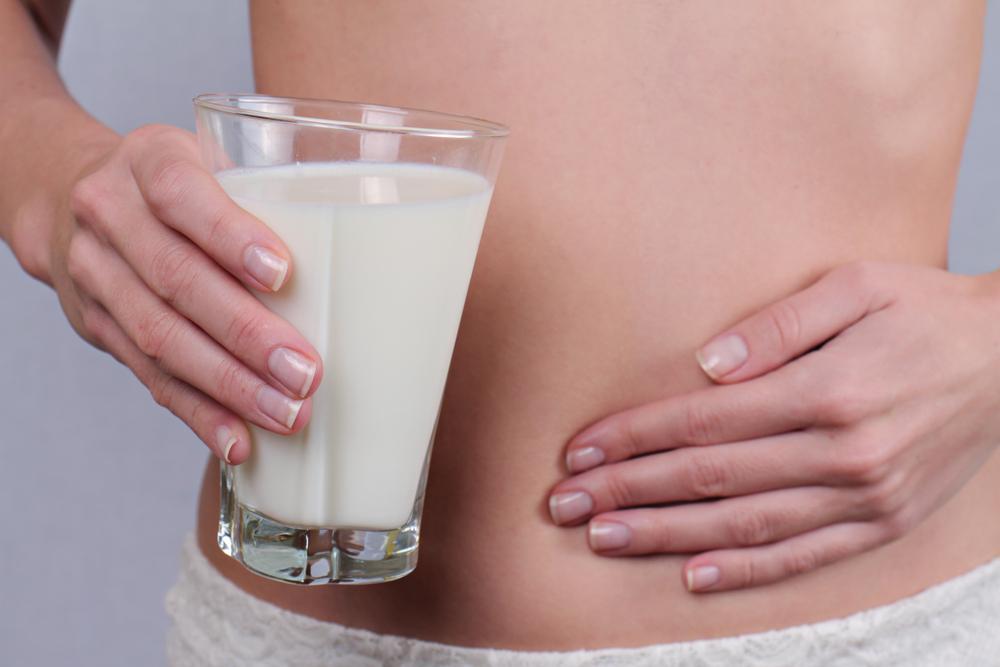Do you get gas every time you eat dairy? Did you know that this could be a sign of lactose intolerance?
Milk is the first food that babies are introduced to. Human stomachs are designed to digest this nutritious superfood to gain energy and strength. Yet, there are many people in the world whose bodies cannot digest dairy! We call such people lactose intolerant.
Lactose intolerance is a digestive disorder that is present in around 75% of the population in the world. In the US approximately 30% of the Americans are lactose intolerant.
What is lactose intolerance?
Lactose is the main component of dairy. It is a carbohydrate compound made of two glucose molecules.
Normally this substance is broken down into two smaller glucose and glycogen molecules after ingestion. The process is catalyzed by the enzyme lactase that is secreted by our stomachs.
People suffering from lactose intolerance are incapable of producing lactase. This insufficiency prevents the body from digesting lactose. The body reacts to this through various digestive problems.
How do you become lactose intolerant?
A recent research shows that human beings are bound to become lactose intolerant by the age of 90. The probability ratio is pretty high because with age our bodies gradually decrease the amount of lactase secreted.
Other than that:
- Some people aren’t able to secrete lactase from an early age due to genetics or development issues
- A gastrointestinal disease or bacterial infection may hinder the lactase production
Why does it cause gas?
As we mentioned earlier, the absence of lactase inhibits the body’s ability to digest the carbohydrate lactose. Due to this, the lactose passes through most of the digestive tract unaffected.
However, the bacteria inside the colon are capable of breaking the undigested lactose down into small chains of fatty acids and gas. The fermentation process leads to a bloated stomach, flatulence, and pain.
Other symptoms include:
- Stomach ache
- Diarrhea
- Vomiting
The extent of these signs may vary depending on the amount of dairy you have eaten and how much tolerance you have.
How do you make sure it is lactose intolerance? These symptoms are very common in many other health conditions. This is why you need to note if you have eaten any dairy product an hour or two prior to the occurrence of these symptoms.
If yes, then you are most likely lactose intolerant.
Does this mean no more dairy?
Dairy products (milk, cheese, butter, and yogurt) are the biggest source of calcium and vitamin D. It also contains nutrients and proteins that make your body stronger and healthier.
Therefore, we suggest that you don’t fully boycott dairy products. Instead, you should expose yourself to dairy in small amounts so that the body starts to adapt and improve the digestion situation.
Other than that you may consult your doctor and take enzyme supplements or probiotic that will help you to digest the lactose you consumed.

